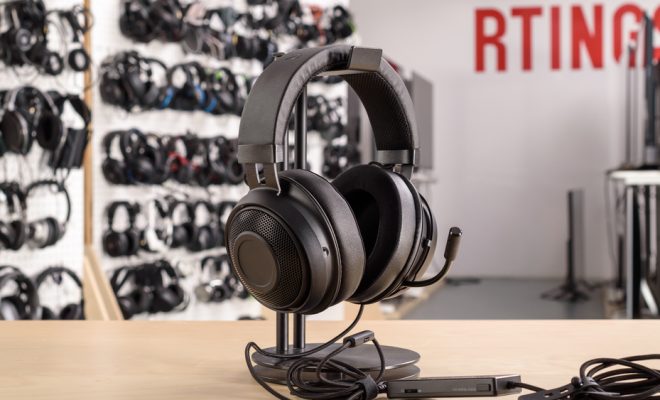Memory Loss and Anxiety: The Connection and How to Cope

Memory loss and anxiety are two common mental health issues that can be experienced by individuals of all ages. Although they may seem unrelated, there is a strong connection between the two, and understanding this connection is key to developing effective coping strategies.
The Link Between Memory Loss and Anxiety
Memory loss is a cognitive decline that affects one’s ability to recall past events, process new information and learn new things. There are several causes for memory loss, such as aging, head injuries, and certain medical conditions like Alzheimer’s disease. In addition to these physical factors, psychological factors such as stress and anxiety also play a significant role in memory function.
Anxiety is a feeling of unease, such as worry or fear, that stems from different sources like work stress, social situations or medical issues. Chronic anxiety can lead to the release of stress hormones that negatively affect various functions in the body, including memory. This results in memory problems as anxiety makes it difficult for our brain to encode information efficiently or retrieve memories.
Ways to Cope with Memory Loss and Anxiety
1. Practice mindfulness meditation
Mindfulness meditation involves focusing on the present moment while acknowledging one’s thoughts, feelings, and bodily sensations. This practice helps reduce anxiety levels by lowering stress hormones and improving cognitive functions like memory.
2. Maintain a healthy lifestyle
Eating a well-balanced diet, getting regular exercise, and sleeping for an adequate number of hours each night are crucial for maintaining overall mental health. These healthy habits can help combat the symptoms of both anxiety and memory loss.
3. Manage stress levels
Addressing day-to-day stressors can significantly impact mental health. Incorporate relaxation techniques like deep breathing exercises or progressive muscle relaxation into your routine to minimize the harmful effects of stress on your body.
4. Stay socially engaged
Social interaction has been found to have several benefits on cognitive health. Engaging in conversations, participating in group activities and maintaining relationships can help keep anxiety and memory loss at bay.
5. Seek professional help
If your memory loss and anxiety seem severe or persistent, it may be time to consult a mental health professional. They can help diagnose the cause of these issues and provide personalized treatment options.
In conclusion, understanding the connection between memory loss and anxiety is essential to improving overall mental health. By implementing coping mechanisms like mindfulness meditation, maintaining a healthy lifestyle, managing stress levels, staying socially engaged, and seeking professional help, it is possible to enhance cognitive functions and reduce anxiety-related symptoms.






